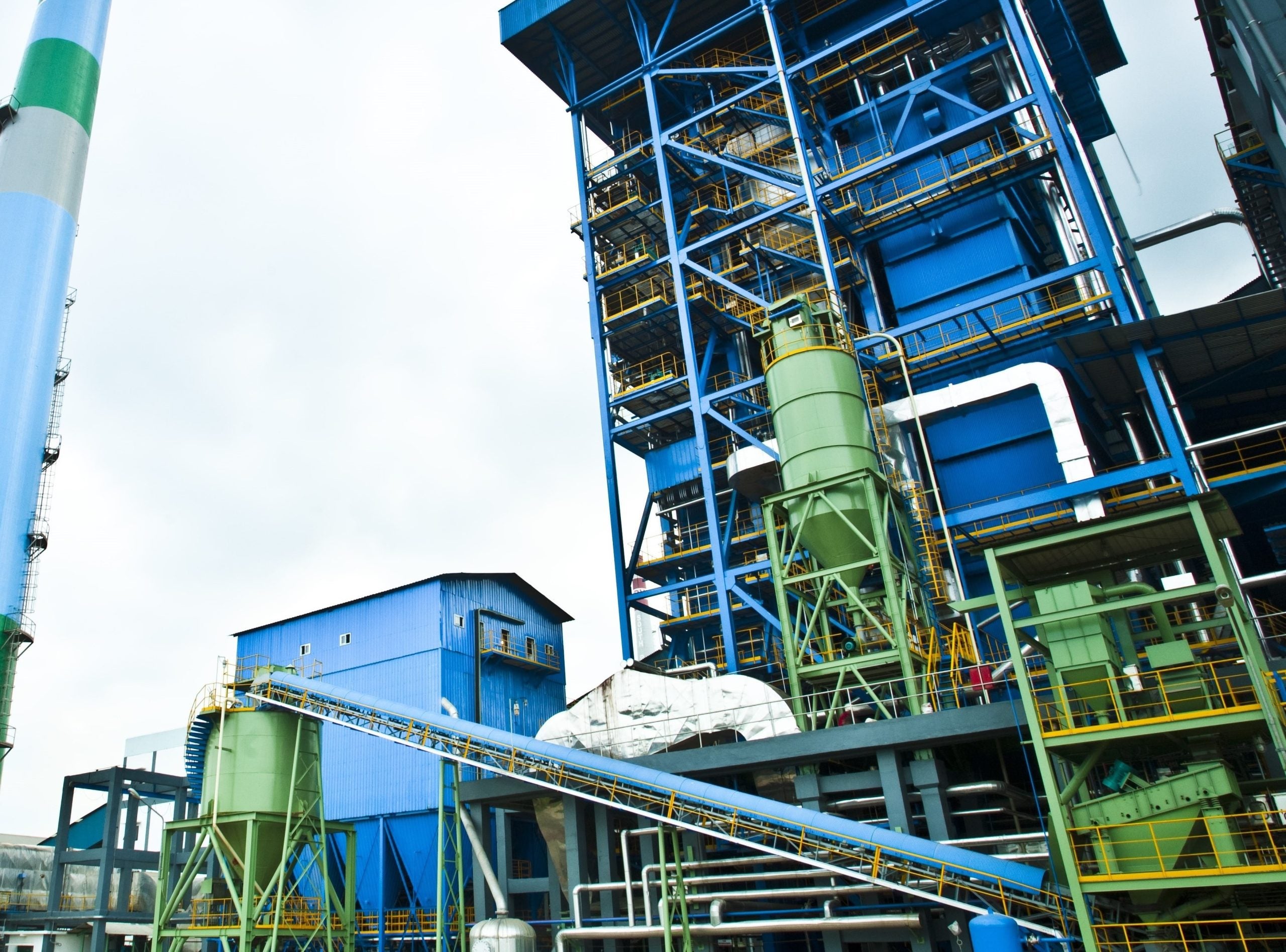
Lenzing Group’s substantial investment of €100m in modernising the Indonesian Purwakarta facility, operated by PT. South Pacific Viscose, has led to a significant reduction in specific emissions including sulfur, CO2 and it is expected to contribute to wastewater reduction.
The EU Ecolabel is a trusted symbol for consumers seeking environmentally friendly products and services, contributing to pollution reduction efforts.
The Ecolabel recognised the facility’s transition to renewable energy sources and actively pursuing a shift to biomass, aligning with Lenzing’s overarching goals of reducing carbon emissions per ton of product sold by 50% by 2030 and achieving carbon-neutral production by 2050.
Lenzing’s Indonesian site also has plans to produce Ecovero Black fibres in the future, which require less energy and water in the textile chain due to their spun-dyeing process, resulting in a lower carbon footprint throughout their lifecycle as textile products.
“We are working tirelessly to make the industries in which we operate even more sustainable and to drive the transformation of the textile business model from linear to circular,” said Stephan Sielaff, CEO of the Lenzing Group.
“Our investments in Indonesia, as well as in other Lenzing sites around the world, put us in an even better position to meet the growing demand for speciality fibres with low environmental impact.”

US Tariffs are shifting - will you react or anticipate?
Don’t let policy changes catch you off guard. Stay proactive with real-time data and expert analysis.
By GlobalDataThe EU Ecolabel certification now extends to Lenzing’s product portfolio, allowing the production of Lenzing Ecovero brand fibres for textiles and Veocel brand fibres for nonwoven applications, enabling the company to meet the growing demand for sustainable viscose fibres effectively.
Lenzing believes that fostering growth in speciality fibres begins by addressing the critical issue of anthropogenic climate change, with both the global textile and nonwoven industries playing a significant role.
The company said its Ecovero viscose fibres and Veocel Viscose have demonstrated a significantly lower environmental impact, including reduced greenhouse gas emissions and water pollution compared to conventional viscose production.



